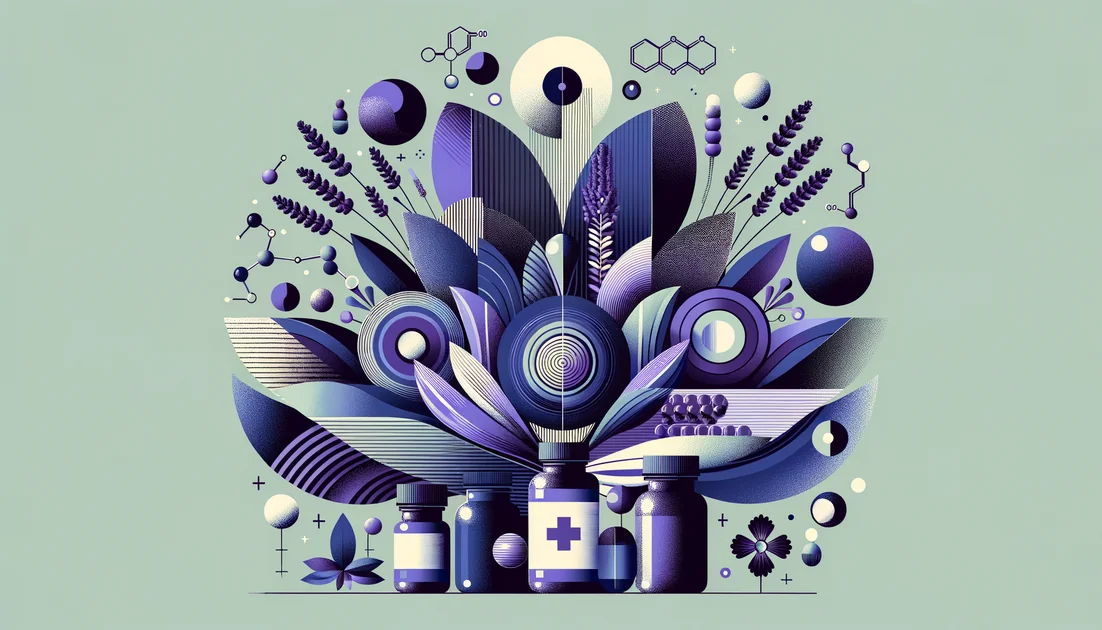
Top 10 Evidence-Based Recommendations
We analyzed 60+ randomized trials and meta-analyses on stress/anxiety relief, prioritizing meaningful effect sizes, safety, and how fast you'll feel it—not affiliate hype. Every claim is mapped to real studies below.
Quick Reference Card
Ashwagandha: 300–600 mg/day lowers stress/cortisol. [10][11]
Magnesium citrate/glycinate: 200–400 mg nightly; avoid oxide. [17][18]
Lemon balm: 300–600 mg for calm in 1–3 h. [21]
Ranked Recommendations
#1Silexan (oral lavender oil)Top Choice
The quiet heavyweight—beats placebo and rivals SSRIs without sedation
Dose: 80–160 mg once daily with food; 10 weeks in most trials
Time to Effect: Noticeable in ~1–2 weeks; full effect by ~4–10 weeks
How It Works
Evidence
Persistent daily stress, worry, and somatic tension when you want prescription-like relief without typical SSRI side effects.
Mild GI/eructation. Avoid with other sedatives until you know your response. Choose Silexan-standardized capsules (not generic lavender).
If sensitive, start 80 mg for 1 week, then increase to 160 mg if needed; take consistently at the same time. [4]
#2L-theanineStrong Alternative
Calm in 30–60 minutes—without drowsiness
Dose: 200 mg once; 200–400 mg/day divided for ongoing stress
Time to Effect: 30–60 minutes (acute); 2–4 weeks for steady benefits
How It Works
Evidence
Situational stress (presentations, exams) and daytime calm without sedation.
Rare headaches or GI upset; avoid combining high doses with other sedatives initially.
Pair 200 mg L-theanine with your morning coffee to smooth caffeine jitters without dulling focus. [6]
#3Ashwagandha (Withania somnifera)Worth Considering
Adaptogen with measurable drops in perceived stress and cortisol
Dose: 300–600 mg/day of root extract standardized to withanolides (typically 5–10%)
Time to Effect: 2–8 weeks
How It Works
Evidence
General stress with "wired-tired" feeling and elevated perceived stress/cortisol.
Split dose AM/PM (300 mg twice daily) to steady levels; consider 8-week cycles with a 2-week break. [11]
#4Magnesium (citrate or glycinate)
The calm-deficiency fix—works best if you're low
Dose: 200–400 mg elemental Mg nightly (citrate or glycinate)
Time to Effect: Days to 2–4 weeks
How It Works
Evidence
Tense muscles, poor sleep, low dietary Mg (common).
Loose stools with citrate; reduce dose or switch to glycinate. Avoid if severe kidney disease.
#5Lemon balm (Melissa officinalis)
Fast-acting herb for calm within an hour
Dose: 300–600 mg standardized extract per dose; up to 1,200–1,600 mg/day
Time to Effect: 1–3 hours (acute); 5–15 days for steady relief
How It Works
Evidence
Evening wind-down and acute daytime tension.
High doses can reduce alertness; start at 300–600 mg when you can relax.
Use 300 mg 60 minutes before a stressful event; combine with L-theanine for smooth calm. [21]
#6Saffron extract
Mood–sleep bridge that lowers nightly overthinking
Dose: 28 mg/day (or 14 mg twice daily) of standardized extract
Time to Effect: 7–28 days
How It Works
Evidence
Nighttime stress with racing thoughts and non-restorative sleep.
Possible bleeding risk with anticoagulants at higher doses; avoid in pregnancy.
Take 14–28 mg 1 hour before bed; pairs well with magnesium for sleep-stress synergy. [26]
#7Omega-3s (EPA + DHA)
Small but reliable edge for anxious stress—especially at higher doses
Dose: 2,000 mg/day total EPA+DHA (often EPA-leaning) with food
Time to Effect: 4–12 weeks
How It Works
Anti-inflammatory and neuroplastic effects; meta-analysis shows modest anxiolytic effect, stronger in clinical populations and at ≥2 g/day. [28]
Evidence
19-trial meta-analysis (n=2,240) found reduced anxiety symptoms vs control; effects larger at ≥2,000 mg/day. [28]
Chronic stress with inflammation, cardiometabolic risk, or low fish intake.
Fishy burps; thin blood slightly—caution with anticoagulants.
Take with the day's largest meal; choose concentrates specifying per-capsule EPA/DHA to actually hit 2 g. [28]
#8Rhodiola rosea (SHR-5)
Burnout buffer for stressed, mentally fatigued days
Dose: 200–400 mg standardized extract in the morning
Time to Effect: Days to 2 weeks
How It Works
Adaptogen that normalizes stress-induced HPA and reduces cortisol awakening response, improving attention under fatigue. [29]
Evidence
Randomized trial in stress-related fatigue/burnout showed improved burnout scores and attention vs placebo, with altered cortisol response. [29]
Work stress, mental fatigue, "no gas in the tank."
May feel stimulating; avoid late evening dosing.
Use 200 mg on workdays; cycle 8–12 weeks on, 2 weeks off. [29]
#9Kava (Piper methysticum)
Potent situational anxiolytic—with important caveats
Dose: Standardized extract providing 120–250 mg kavalactones/day (short-term ≤8 weeks)
Time to Effect: Days to 1–2 weeks
How It Works
Evidence
Short bursts of high anxiety when other options failed and you're liver-healthy.
Avoid alcohol, hepatotoxic meds, and if you have liver disease; watch for rash, fatigue, dark urine; stop if symptoms. [31]
Choose root-only, water-extracted products; avoid stem/leaf and acetone/ethanol extracts. [31]
#10Chamomile extract (Matricaria recutita)
Gentle, evidence-backed calm—great tolerability
Dose: 1,500 mg/day standardized extract in divided doses
Time to Effect: 2–8 weeks
How It Works
Apigenin-rich extract binds benzodiazepine sites on GABA_A receptors, promoting anxiolysis with minimal sedation. [32]
Evidence
Mild–moderate persistent worry when you prefer botanicals with long use history.
May interact with anticoagulants; caution if ragweed allergy.
Steady daily dosing works better than tea alone for clinical benefit. [32]
Common Questions
What works fastest for stress relief?
L-theanine (200 mg) and lemon balm (300–600 mg) can calm within 30–60 minutes; kava may work within days but has liver cautions. [6][21][30][31]
If I'm already on an SSRI, which are safest to add?
L-theanine, magnesium, omega-3s, and Silexan generally combine well; avoid kava and use ashwagandha/saffron with clinician oversight. [1][17][28][31]
Ashwagandha scares me—how risky is the liver issue?
It's rare but documented; stop at first signs (jaundice/itching/dark urine) and choose vetted brands. [13][14][16]
Timeline Expectations
Combination Strategies
Fast Calm Stack (non-sleepy)
Components:L-theanine 200 mg + Lemon balm 300 mg
Different GABAergic levers (theanine EEG/cortisol effects + lemon balm GABA-T inhibition) produce additive calm without sedation. [6][21]
Take both 45–60 minutes before a stressful event; repeat theanine 200 mg mid-afternoon if needed.
Night Stress & Sleep Stack
Components:Magnesium glycinate 200–300 mg + Saffron extract 14–28 mg
Magnesium eases somatic tension; saffron improves sleep quality and boosts evening melatonin. [17][26]
Take both 60 minutes before bed for 4 weeks, then reassess.
Daily Resilience Stack
Components:Silexan 80–160 mg AM + Omega-3 (EPA + DHA) 2,000 mg with meals
Silexan targets anxiety circuits; omega-3s add small but reliable symptom reduction and anti-inflammatory support. [1][28]
Take Silexan in the morning; split omega-3 dose with meals. Reassess at 8–10 weeks.
You might also like
Explore more of our evidence-led investigations, comparisons, and guides across every article style.
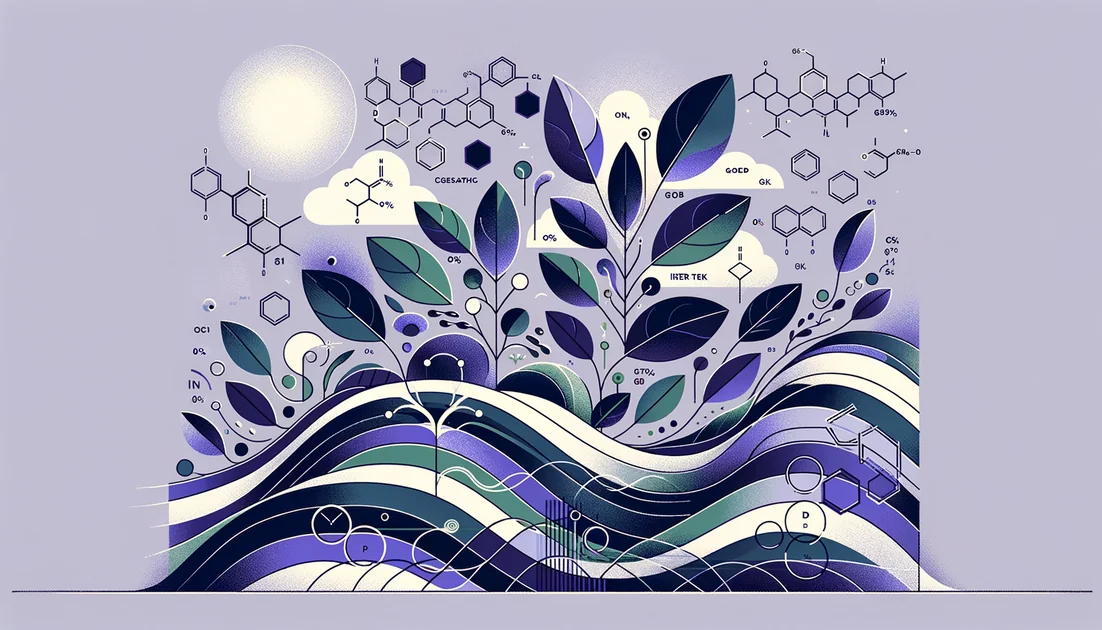
Protocol For Life Balance
Practitioner line with big-lab muscle—and a transparency gap
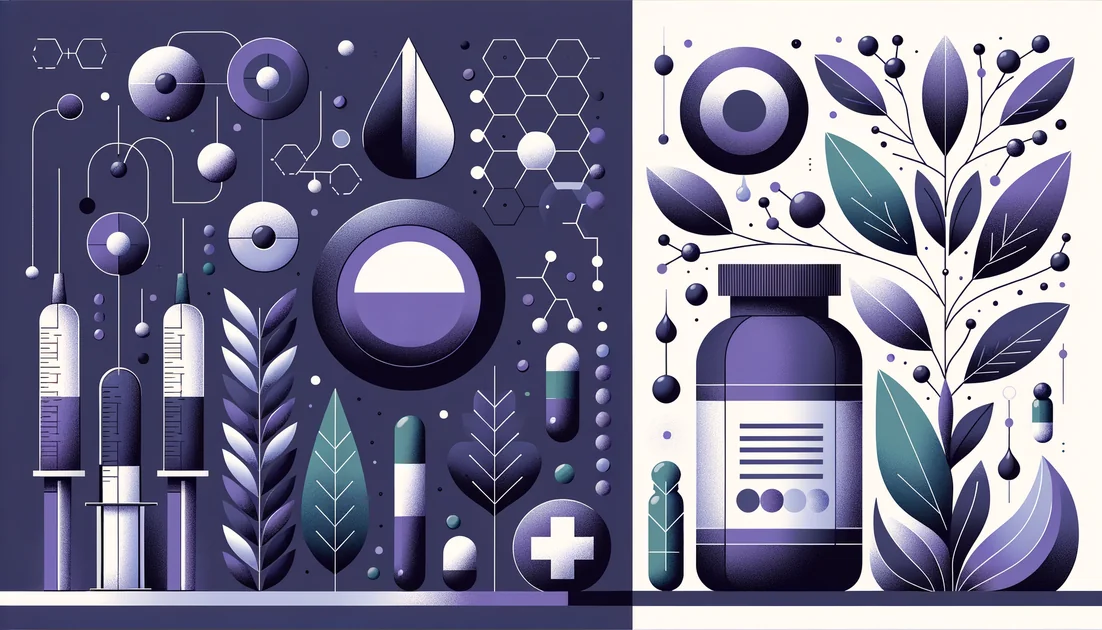
Berberine (dietary supplement) vs Metformin (prescription biguanide)
For most people needing reliable glucose lowering and long-term outcome data, choose metformin. Consider berberine if you can't take metformin and want a modest, supplement-based metabolic aid from a vetted brand, with attention to interactions and pregnancy avoidance. [1][3][8]
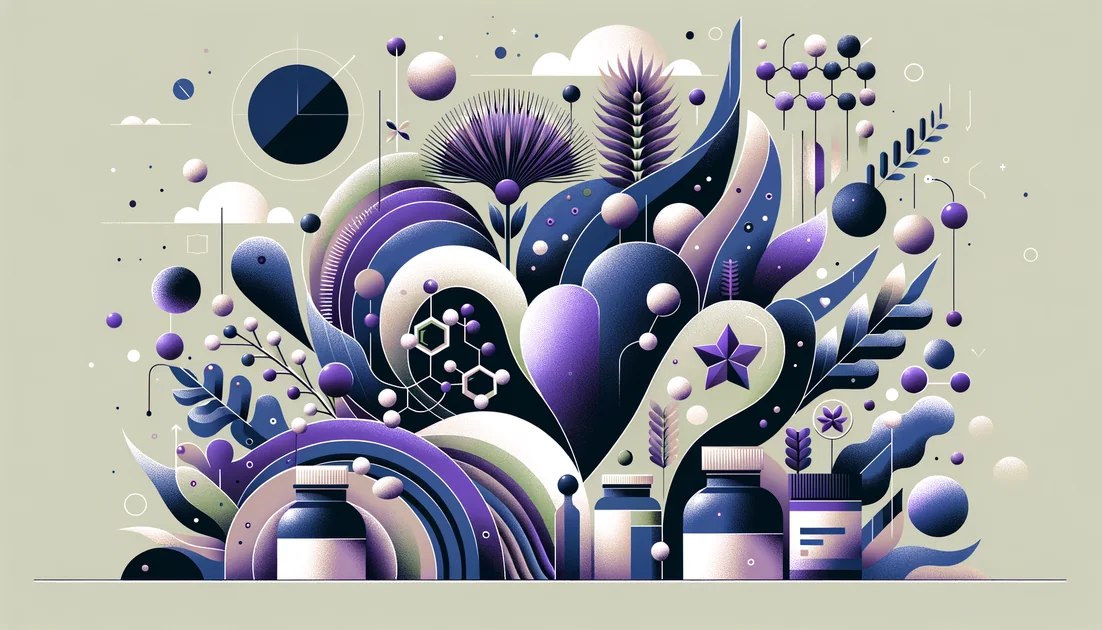
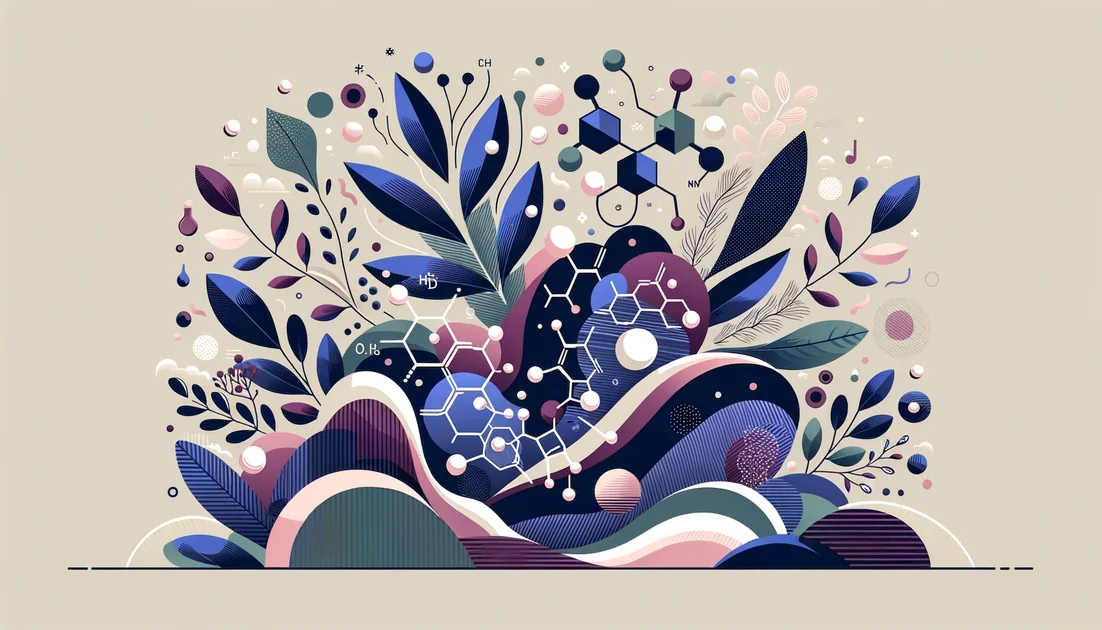
L-Methionine
You're told to eat your protein because it contains essential amino acids—yet, in labs around the world, scientists extend lifespan in animals by dialing one of those amino acids down. Meet L-methionine, the body's sulfur-bearing starter pistol for protein building—and the subject of a century-long plot twist.
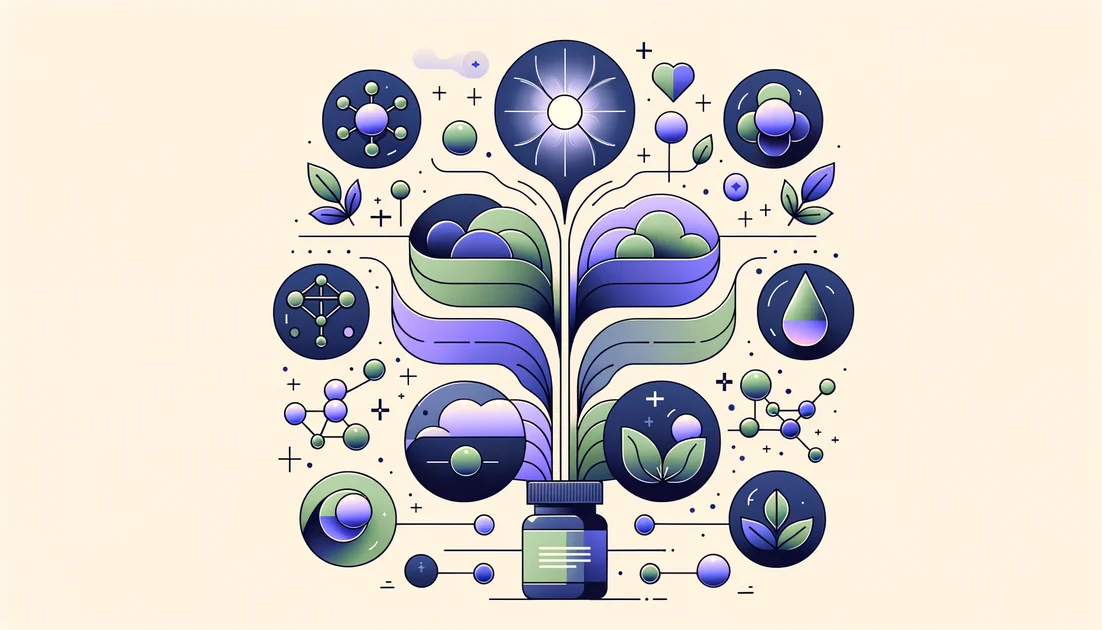
The Immune Vision Duo: Unlock What's Stuck
Context-dependent synergy: proven in deficiency settings (especially for persistent diarrhea and pregnancy night blindness), but additive or null elsewhere.

Tocotrienols
The stealthier cousins of vitamin E—built with springy tails that move differently in cell membranes and behave differently in your body.
















